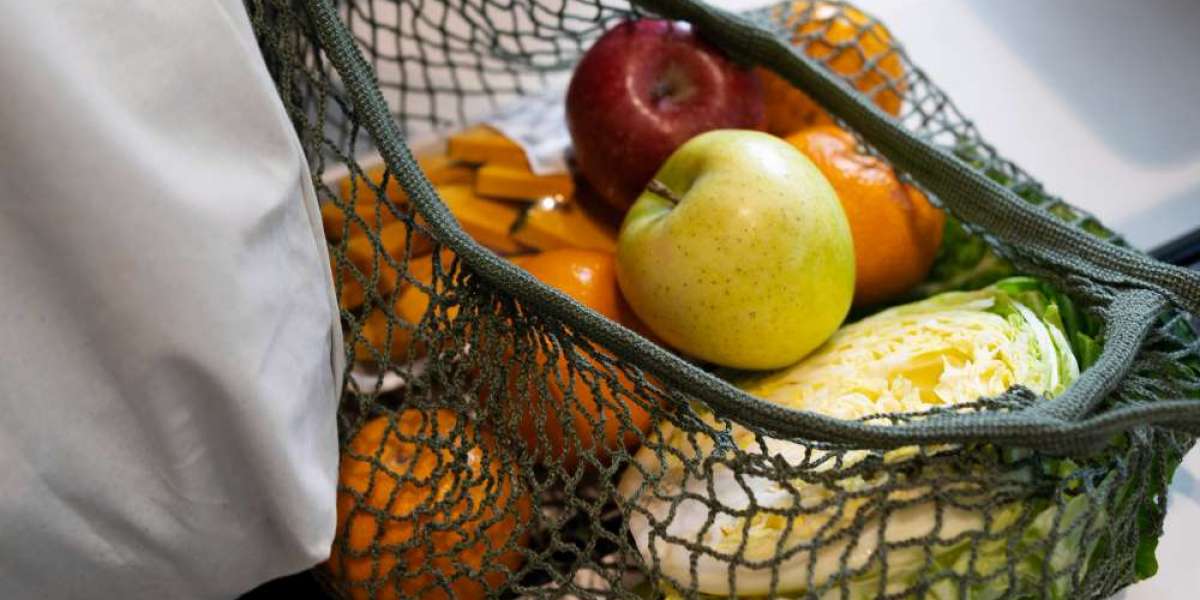In the intricate and demanding world of maritime and industrial operations, the supply of provisions is an often overlooked yet critical component. Ensuring that ships, offshore platforms, and industrial facilities are adequately stocked with essential supplies is vital for maintaining continuous operations, crew welfare, and overall efficiency. This blog delves into the importance of provisions supply, the logistics involved, and the challenges faced in this essential service.
The Importance of Provisions Supply
Provisions supply encompasses the procurement, transportation, and delivery of food, beverages, and other necessary supplies to vessels and industrial sites. It ensures that crew members and workers have access to the essentials they need to perform their duties effectively and maintain high morale.
Maritime Sector:
- Ships, especially those on long voyages, require a steady supply of fresh and preserved food, water, and other consumables. A well-stocked ship ensures that the crew remains healthy and can perform their tasks without interruption, contributing to the vessel's safe and efficient operation.
Industrial Sector:
- Industrial sites, particularly remote ones such as offshore platforms or mining operations, also rely on regular provisions supply. Adequate supplies are crucial for maintaining workforce productivity and morale, which directly impacts operational efficiency and safety.
Logistics and Operations
The logistics of provisions supply involve a series of well-coordinated steps to ensure timely and efficient delivery:
Procurement:
- Provisions are sourced from various suppliers, often including local markets and specialized distributors. Ensuring the quality and safety of the supplies is a top priority, requiring strict quality control measures and compliance with food safety standards.
Transportation:
- Transportation logistics are crucial in provisions supply. This can involve land, sea, and air transport, depending on the location of the vessel or industrial site. Efficient transportation networks and well-maintained infrastructure are essential for timely deliveries.
Storage and Handling:
- Proper storage and handling of provisions are critical to prevent spoilage and ensure freshness. This includes temperature-controlled storage facilities, hygienic handling practices, and careful inventory management to minimize waste.
Delivery:
- The final step is the delivery of provisions to the vessel or site. This requires precise coordination, especially for ships that may be in port for only a limited time. On-site storage facilities and efficient unloading processes help ensure a smooth and timely supply chain.
Challenges in Provisions Supply
Despite the well-established systems, provisions supply faces several challenges:
Perishability:
- The perishable nature of many provisions requires careful planning and logistics to ensure supplies remain fresh and safe for consumption. This involves efficient cold chain management and timely delivery.
Remote Locations:
- Supplying provisions to remote industrial sites or vessels at sea can be logistically complex. Weather conditions, transport availability, and accessibility are significant factors that can impact delivery schedules.
Regulatory Compliance:
- Compliance with local and international food safety regulations is essential. This includes adhering to import/export regulations, health and safety standards, and documentation requirements.
Supply Chain Disruptions:
- Global supply chain disruptions, such as those caused by pandemics or geopolitical issues, can impact the availability and cost of provisions. Contingency planning and diversifying suppliers are strategies to mitigate these risks.
Innovations and Future Prospects
The provisions supply sector is continually evolving, with innovations aimed at improving efficiency and sustainability:
Technology Integration:
- Advanced technologies such as IoT, blockchain, and AI are being integrated into supply chain management to enhance transparency, traceability, and efficiency. These technologies enable real-time tracking, predictive analytics, and better inventory management.
Sustainable Practices:
- There is a growing focus on sustainability in provisions supply. This includes sourcing from sustainable and local producers, reducing food waste, and utilizing eco-friendly packaging and transportation methods.
Enhanced Logistics:
- Improving logistics through better infrastructure, streamlined processes, and collaboration among stakeholders is key to overcoming supply chain challenges. This includes investments in modern transportation and storage facilities.
Conclusion
Provisions supply is a critical yet often underappreciated aspect of maritime and industrial operations. Ensuring that essential supplies are delivered efficiently and safely is vital for the smooth functioning of these sectors. As the industry continues to evolve, embracing technological advancements and sustainable practices will be crucial for meeting future challenges and maintaining high standards of service.








